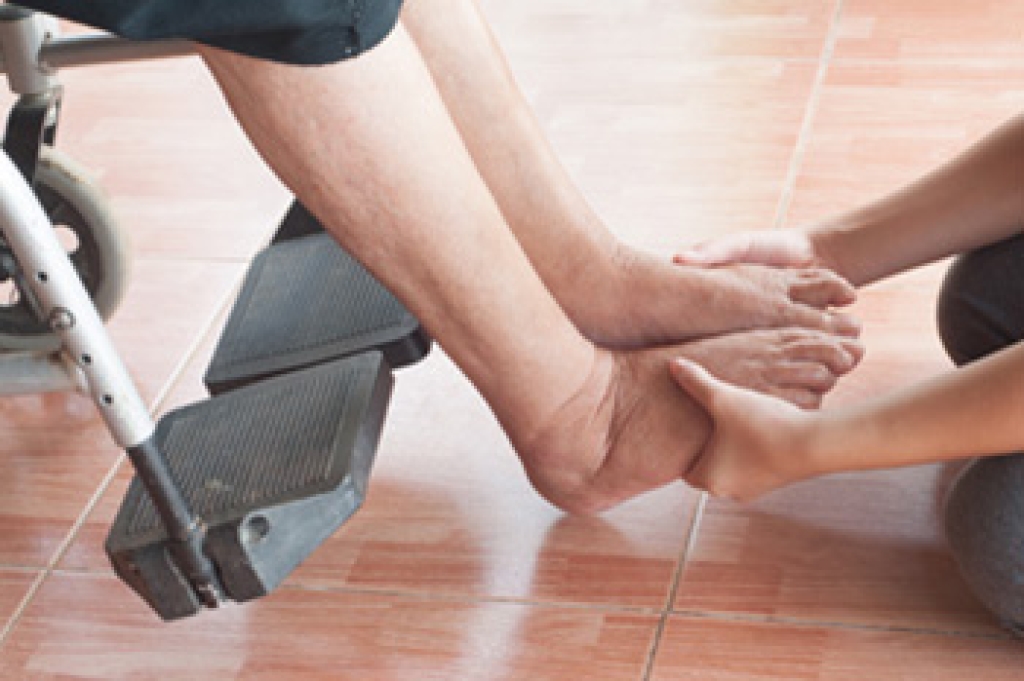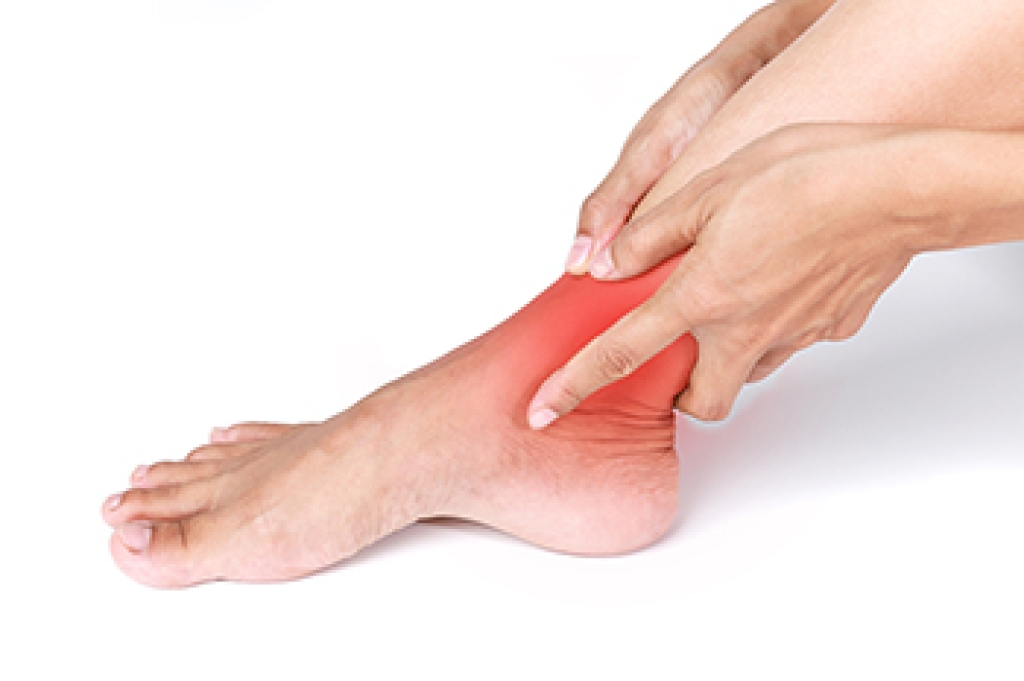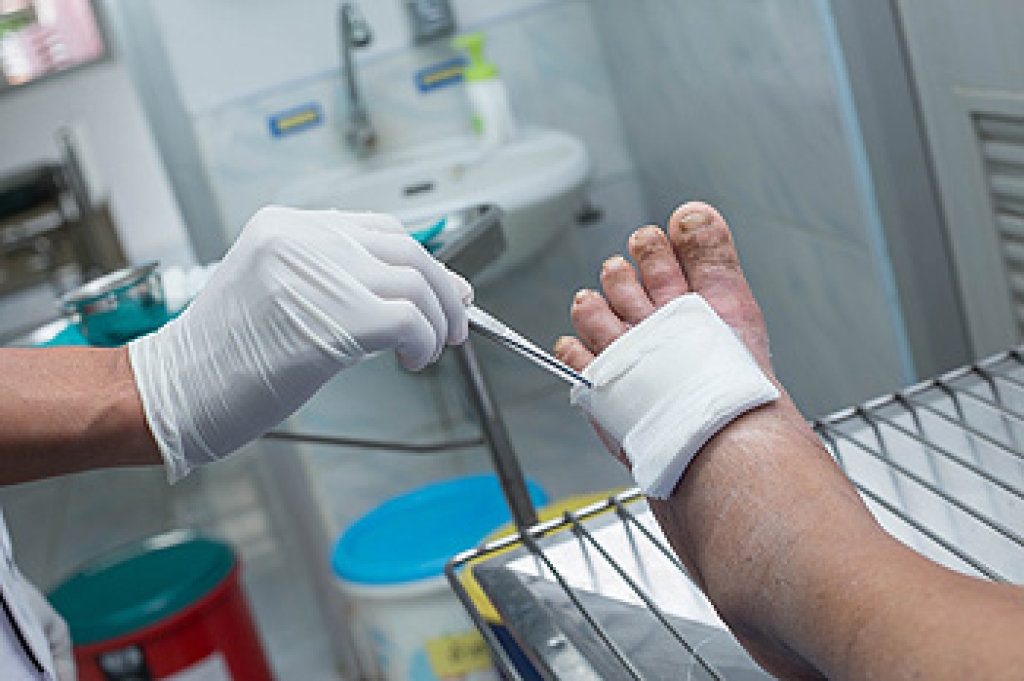
During long-distance running, foot anatomy plays a critical role in efficiency, balance, and injury prevention. The gait cycle places repeated stress on the foot as it absorbs impact and propels the body forward. Intrinsic muscles within the foot provide stability, arch support, and fine control, while extrinsic muscles originating in the leg generate power and guide motion. When these systems are overworked or imbalanced, running injuries like tendinitis and stress reactions may develop. Poor mechanics can increase strain on bones, muscles, and connective tissues, over time. A podiatrist can analyze running gait, identify biomechanical faults, and recommend custom orthotics, footwear guidance, and other targeted treatments. If you have foot pain from running, it is suggested that you consult a podiatrist who can offer effective treatment and prevention tips.
If you have any concerns about your feet, contact Dr. Howard Horowitz from Bowie Foot & Ankle . Our doctor can provide the care you need to keep you pain-free and on your feet.
Biomechanics in Podiatry
Podiatric biomechanics is a particular sector of specialty podiatry with licensed practitioners who are trained to diagnose and treat conditions affecting the foot, ankle and lower leg. Biomechanics deals with the forces that act against the body, causing an interference with the biological structures. It focuses on the movement of the ankle, the foot and the forces that interact with them.
A History of Biomechanics
- Biomechanics dates back to the BC era in Egypt where evidence of professional foot care has been recorded.
- In 1974, biomechanics gained a higher profile from the studies of Merton Root, who claimed that by changing or controlling the forces between the ankle and the foot, corrections or conditions could be implemented to gain strength and coordination in the area.
Modern technological improvements are based on past theories and therapeutic processes that provide a better understanding of podiatric concepts for biomechanics. Computers can provide accurate information about the forces and patterns of the feet and lower legs.
Understanding biomechanics of the feet can help improve and eliminate pain, stopping further stress to the foot.
If you have any questions please feel free to contact our office located in Bowie, MD . We offer the newest diagnostic and treatment technologies for all your foot and ankle needs.




